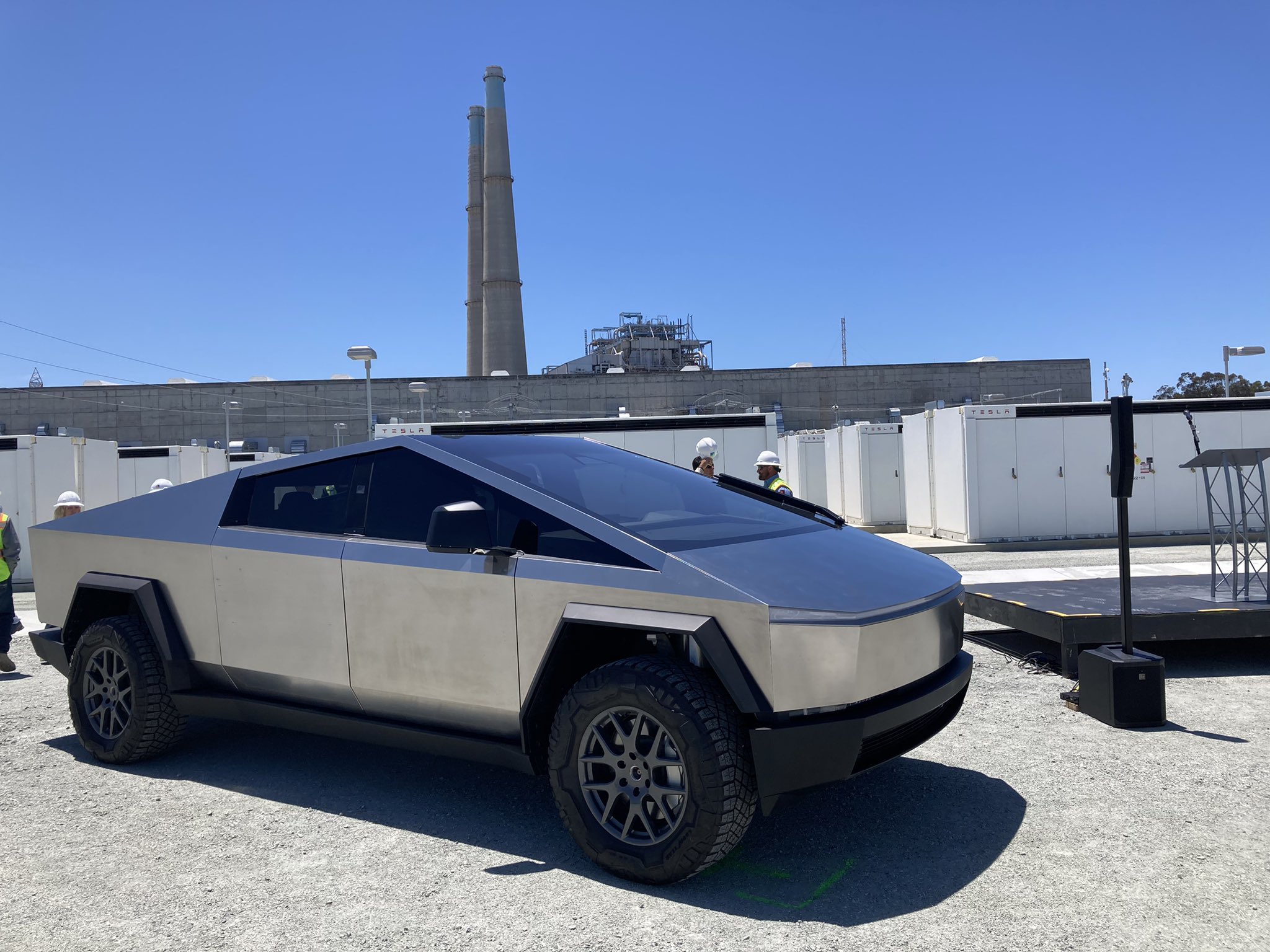Tesla's much-anticipated Cybertruck has encountered another bump on its road to mass production. The electric vehicle (EV) manufacturer recently announced two separate recalls encompassing over 23, 000 vehicles to address potential safety hazards with the windshield wiper and loose trim pieces.
This marks the third and fourth recalls for the Cybertruck since deliveries began in late 2023, following an initial issue with the accelerator pedal. The latest concerns center on the functionality of the large windshield wiper, a crucial component for maintaining driver visibility in adverse weather conditions. According to documents filed with the National Highway Traffic Safety Administration (NHTSA), a defect in the wiper motor controller could result in complete wiper failure due to electrical overload.
Tesla estimates that roughly 2% of the over 11, 600 Cybertrucks included in the windshield wiper recall may be equipped with faulty motors. The company has assured owners that the problem will be rectified free of charge through a replacement of the malfunctioning component. Tesla reportedly identified the issue in February after receiving reports from early Cybertruck adopters experiencing wiper malfunction.
The second recall addresses a potential hazard involving loose plastic trim along the edge of the truck bed. The NHTSA filing specifies that this trim piece, present on over 11, 300 Cybertrucks, could detach and become a projectile while the vehicle is in motion. While the likelihood of such an incident is estimated to be low, Tesla is nonetheless urging owners to bring their vehicles in for an inspection and reinforcement of the trim, if necessary.
These recent recalls come as Tesla ramps up production of the Cybertruck to meet the significant consumer demand for the futuristic electric pickup. However, the string of quality control issues has cast a shadow over the launch, raising concerns about the vehicle's overall reliability. Tesla maintains that the problems are minor and can be addressed swiftly, but some industry analysts believe these setbacks could dampen initial sales and potentially erode consumer confidence in the Cybertruck.
The company is facing increasing pressure to deliver a polished product, particularly as it contends with established automakers like Ford and Rivian who are also vying for a dominant position in the burgeoning electric truck market.

